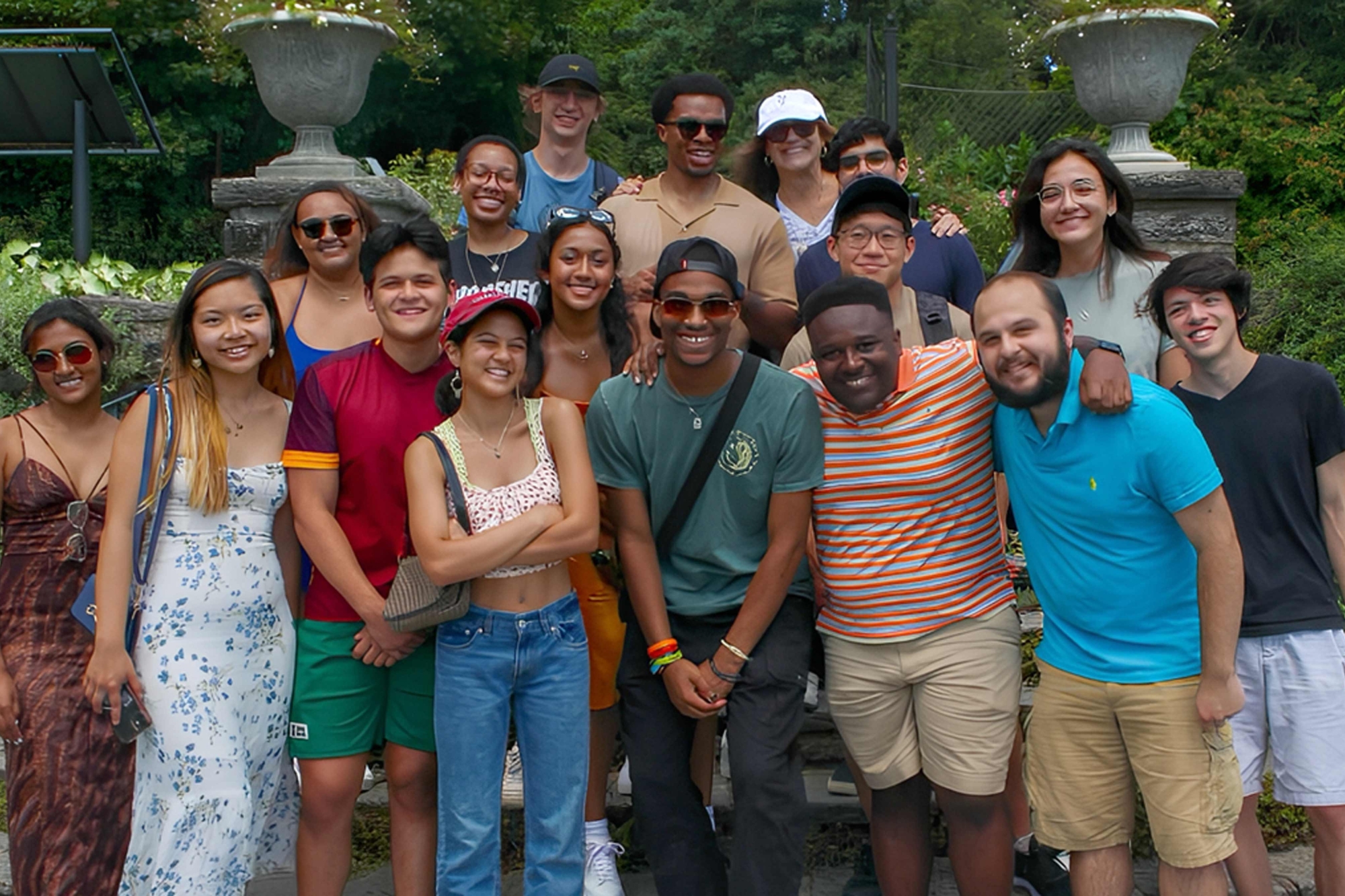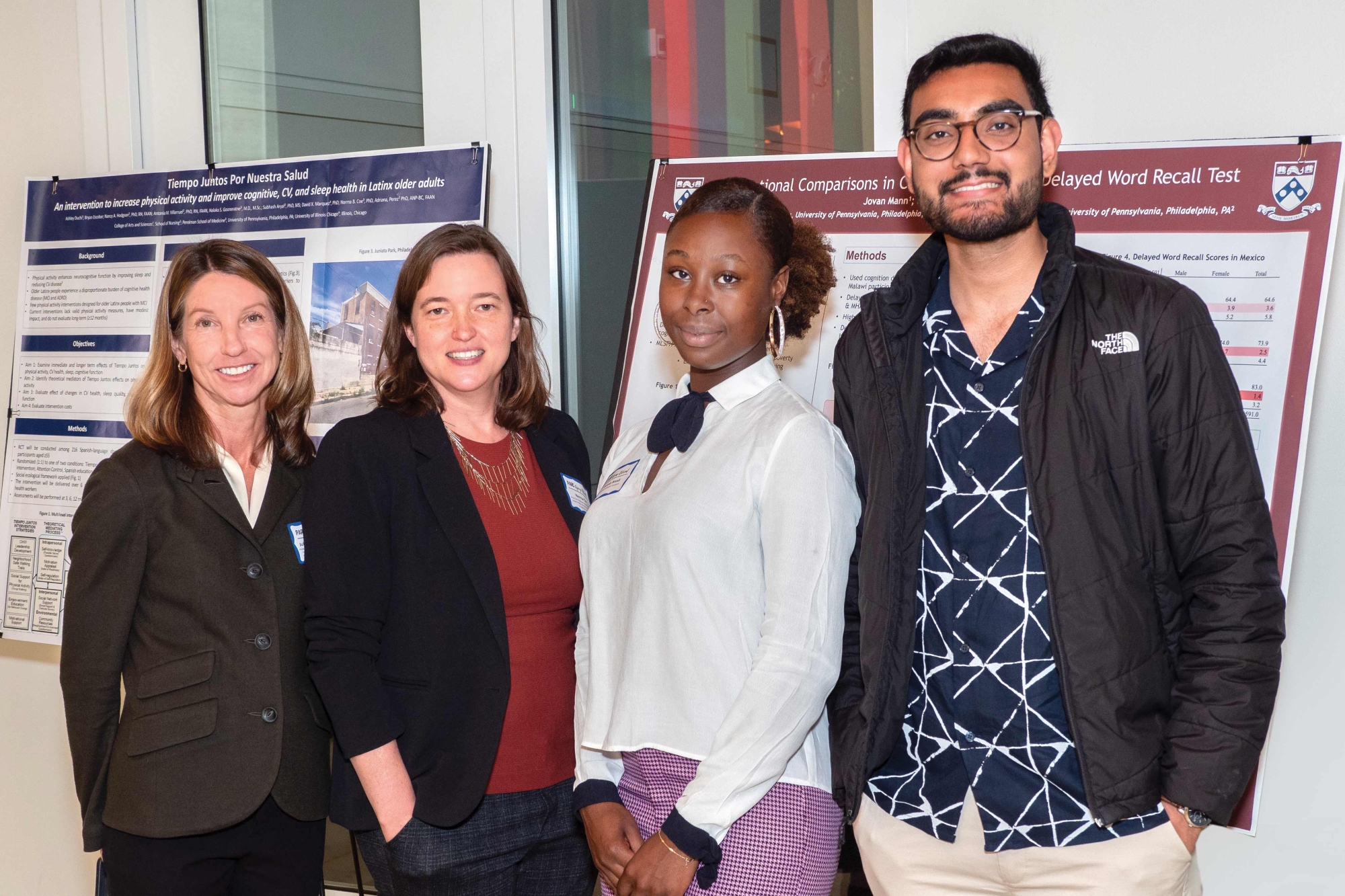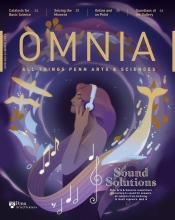Tackling the Age (Research) Gap
GEAR UP provides students from underrepresented and disadvantaged backgrounds hands-on experience and mentoring to address a critical global challenge.
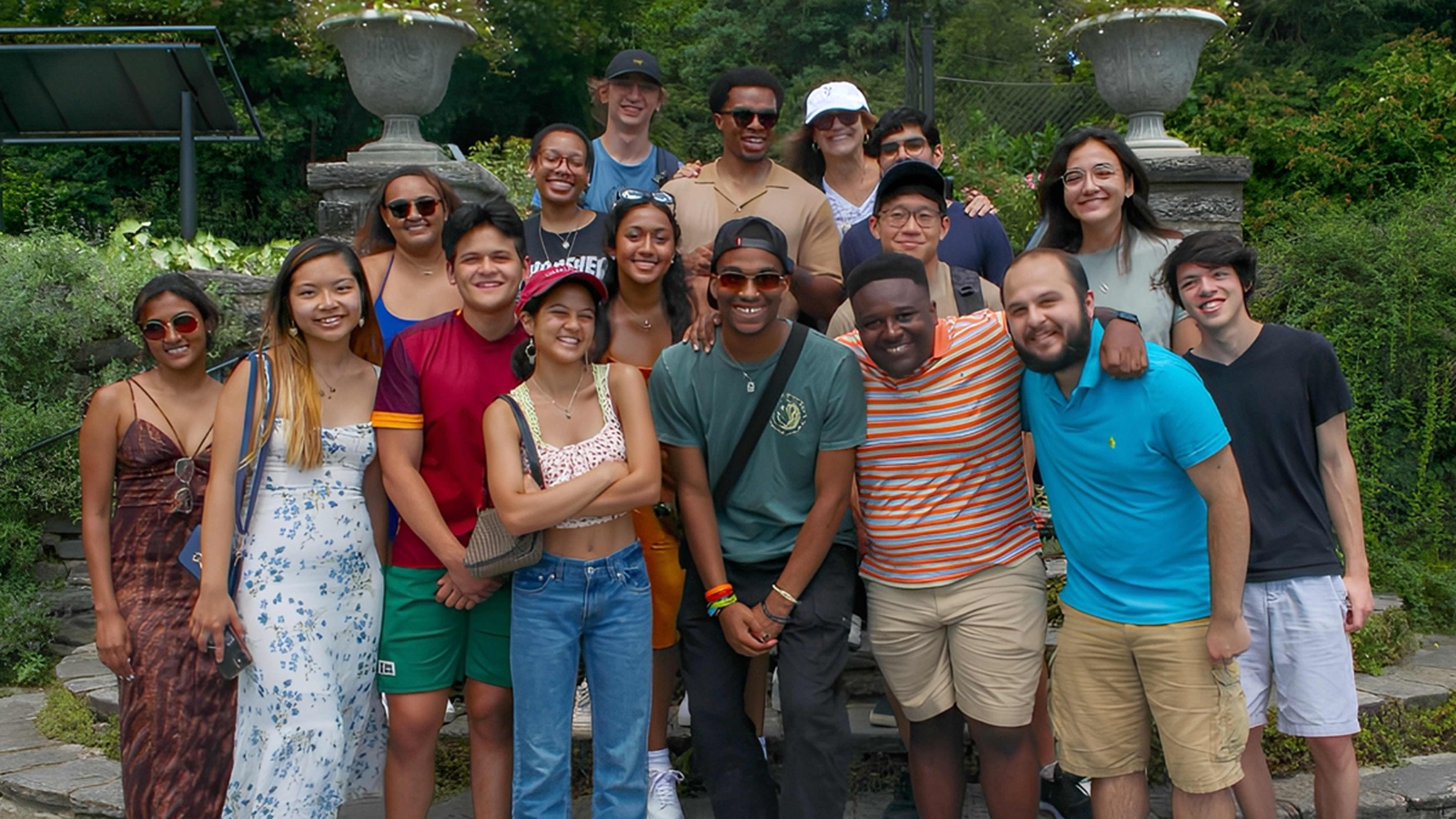
Climate change is a major global challenge that gets attention in news, entertainment, and at all levels of academia. But another looming challenge—the world’s aging population—is much less of a focus, says Hans-Peter Kohler, Frederick J. Warren Professor of Demography and Professor of Sociology. This results in little opportunity for college undergraduates to study or research population aging.
Kohler and the Perelman School of Medicine’s Norma B. Coe and Rachel M. Werner responded by creating the Get Experience in Aging Research Undergraduate Program, or GEAR UP. The initiative is run by the Population Aging Research Center (PARC), which Kohler and Coe co-direct, and the Leonard Davis Institute of Health Economics (LDI), led by Werner. Established in 2022 with funding from the National Institute on Aging, GEAR UP supports research in STEM areas related to population aging by undergraduate students from underrepresented and disadvantaged backgrounds who are attending colleges across the country.
The GEAR UP program lasts 15 months, including two summers and the academic year in between. It introduces students to researchers and topics, connects them with mentors to work on research initiatives, and provides workshops and social events.
Arturo Bardales, C’24, is a mathematical economics major with a statistics minor who plans to earn a doctorate in economics. He has been working with the Population Studies Center’s Irma Elo, Tamsen and Michael Brown Presidential Professor of Sociology, and Jere Behrman, William R. Kenan Jr. Professor of Economics, on two projects in Chile, both of which address cognitive aging and health inequality. “I wanted to pursue research as a career, so it was great getting this experience,” he says. “I know now what the expectations are.”
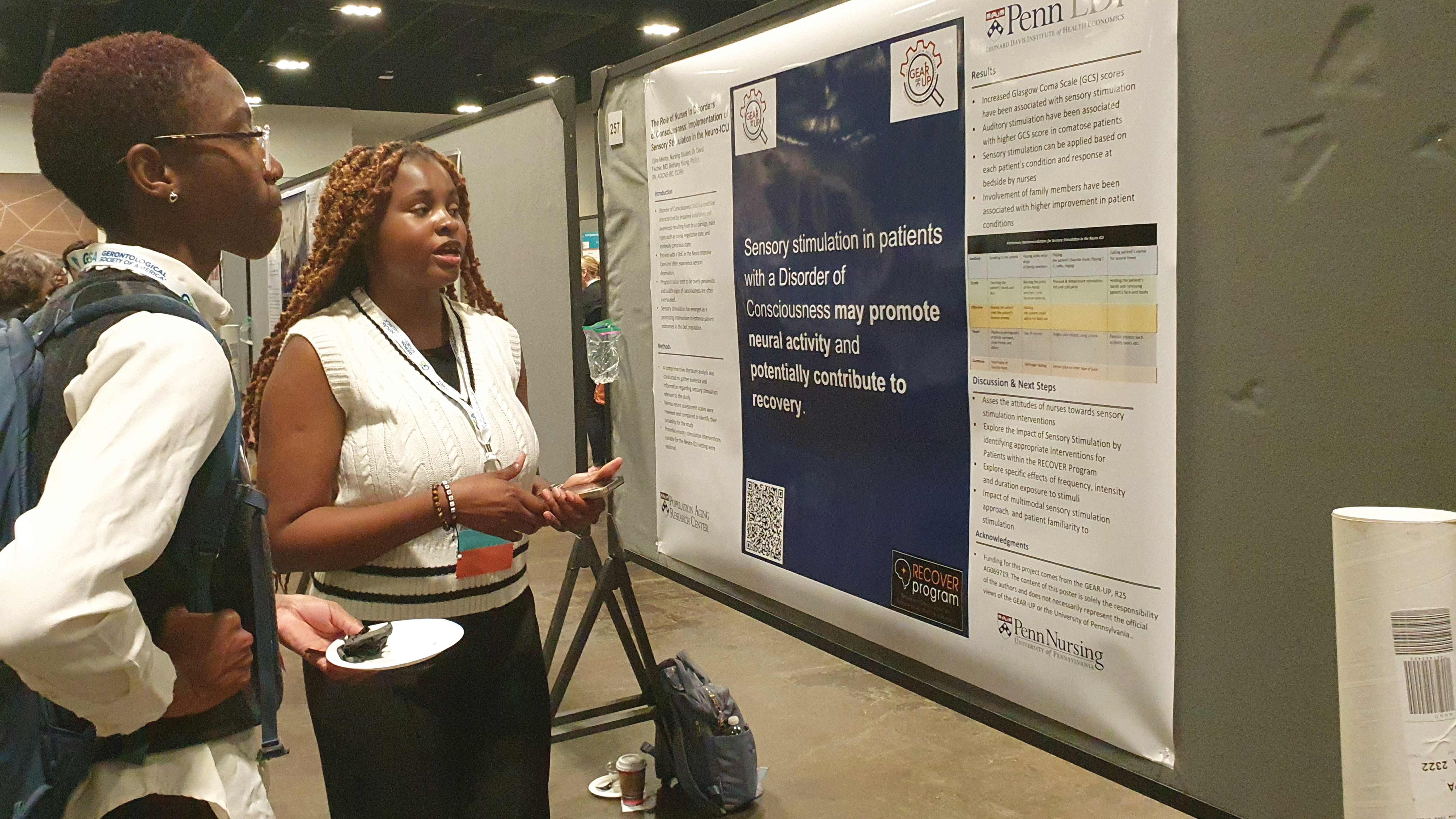
GEAR UP scholar Rhoodjinie Mentor, NU’25 (right), discusses her poster with another attendee at the Gerontological Society of America (GSA) conference in November 2023. GEAR UP scholars also took part in GSA’s Advancing Diversity and Aging Research summit at the conference.
Ashley Duchi, C’24, has been working with the School of Nursing’s Adriana Perez, who is studying whether promoting physical activity will delay the onset of Alzheimer’s disease in older Latinos with mild cognitive impairment. “It’s been incredibly fulfilling,” says Duchi, who is majoring in health and societies and minoring in chemistry. “It’s clinical research, so I’m improving my social skills, which I believe are important for me as a pre-med, but I’m also learning practical skills.”
Though Duchi anticipated conducting research in college, she wasn’t sure she would want it as part of her career. “GEAR UP exposed me to so many different career paths available in studying population aging, as well as the chance to network with established people in the field,” she says.
For Werner, the experiences Bardales and Duchi describe are all part of what makes GEAR UP a success. “The goal is to make population aging research more visible at the undergraduate level and make it accessible,” she says.
Kohler notes that Penn has “the scholars and established research programs to provide hands-on engagement and mentoring,” he says. “It’s very cool to be engaged and see research coming alive.”
